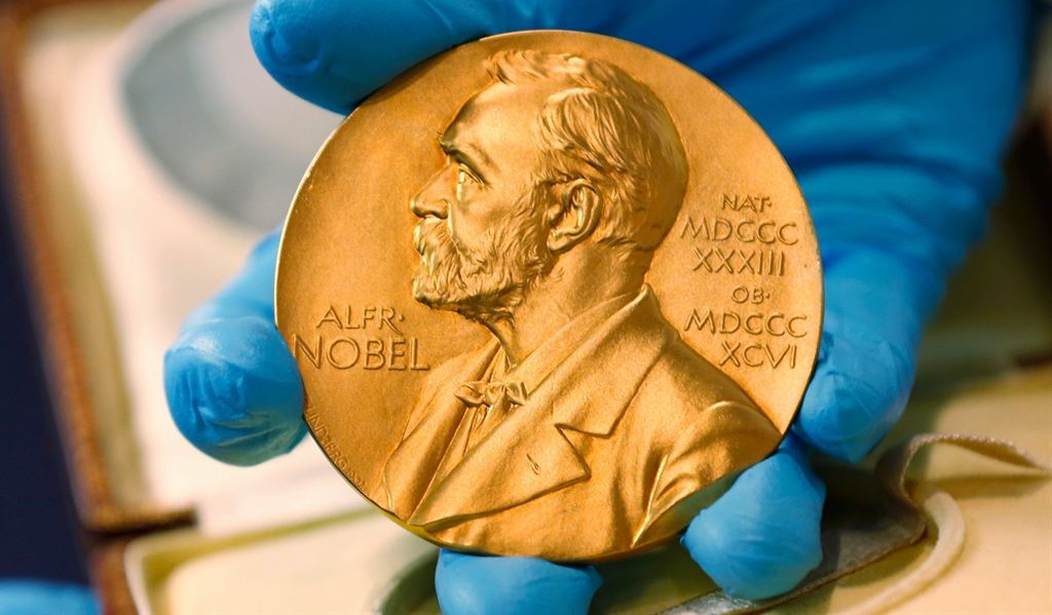The Nobel Prize in Chemistry has been awarded to Emmanuelle Charpentier and Jennifer A. Doudna — an American and Frenchwoman — for developing a revolutionary method of genome editing. The CRISPR/Cas9 “genetic scissors” tool has allowed researchers to splice genes and attach them to other genes. The process promises enormous benefits in animal and plant husbandry as well as tremendous leaps ahead in creating cures for genetic diseases.
But the discovery is also controversial. First, dozens of scientists had a hand in the development of the CRISPR/Case9 tool. That worried the members of the Nobel Committee, who generally like to play it safe in their choices.
But there are ethical concerns as well.
Moreover, the technology had until recently been tied up in patent wrangles and been dogged by ethical concerns after Chinese scientist He Jiankui was jailed for creating the world’s first gene-edited babies.
He was condemned by many of his peers, with the experiment labeled “monstrous,” “unethical,” and a “huge blow” to the reputation of Chinese biomedical research. Many people within the scientific community raised ethical concerns, including the level of consent he had obtained from the parents of the babies, and the level of transparency around gene editing.
So, is the CRISPR/Case9 process Pandora’s Box? Or a miracle?
It could be both. The argument that it shouldn’t be used is silly. It’s been thoroughly discussed in many scientific papers. You may as well try to outlaw Einstein’s relativity theory because it led to the atomic bomb.
Frankly, you’re not going to make a lot of money from trying to create superhuman babies. But there are other ethical concerns as well.
The CRISPR/Cas9 gene editing tools make it possible to easily change the code of life over the course of a few weeks, which used to be a time-consuming and difficult process.
“There is enormous power in this genetic tool, which affects us all. It has not only revolutionized basic science, but also resulted in innovative crops and will lead to ground-breaking new medical treatments,” said Claes Gustafsson, chair of the Nobel Committee for Chemistry, in a press release.
It’s not just gene editing of humans that’s a problem. There is some concern that altering the genes of plants so that they resist disease and drought better may yet have untold consequences. And altering animal genes to create a hybrid would tread in unknown ethical territory.
But overall, the benefits far outweigh any downside. We are only at the beginning of this revolution and the potential for life-changing breakthroughs will always be there.










Join the conversation as a VIP Member